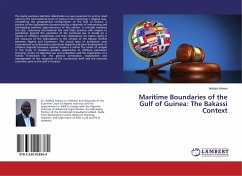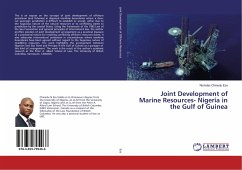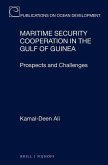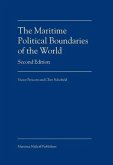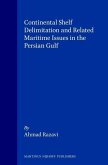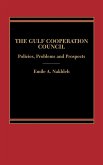The study examines maritime delimitation as was presented to and as ruled upon by the International Court of Justice in the Cameroon v. Nigeria case, considering the geographical configuration of the Gulf of Guinea, a portion of the hydrosphere characterized by a labyrinth of intersecting and overlapping maritime appurtenances of five nations. It critically examines the case, customary international law and State practice with respect to jurisdiction beyond the perimeter of the territorial sea. It dwells on a myriad of offshore complexities and their implications for States rights in the resources of the hydrosphere in the context of the Bakassi conflict between Nigeria and Cameroon. The crucial issue of jurisdiction over transnational cross-boundary petroleum deposits and joint development of offshore deposits between riparian nations is within the ambit of analysis in this study. It considers possible approaches to offshore petroleum licensing, choice of adjectival law and unitization and the exploration of a holistic framework for the general annexation, exploitation and management of the resources of the continental shelf and the exclusive economic zone in the Gulf of Guinea.
Hinweis: Dieser Artikel kann nur an eine deutsche Lieferadresse ausgeliefert werden.
Hinweis: Dieser Artikel kann nur an eine deutsche Lieferadresse ausgeliefert werden.

